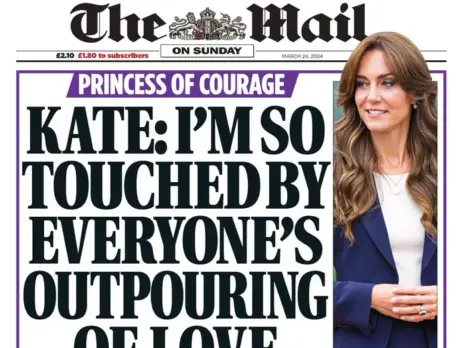
A top Tory MP has said there should be no special protection for the press when it comes to national security.
Former defense secretary Liam Fox said he was deeply concerned by the manner the Guardian transferred the top secret Snowden files overseas.
Writing in the Sunday Telegraph, Fox said: “It is unfortunate that the issues surrounding the disclosure of the documents stolen by whistleblower Edward Snowden from the CIA should have occurred at a time when the British media is particularly neuralgic about the authority of the state.”
Fox argued that if there should be no special laws for the press then there should be no special treatment for them either.
He said there is legitimate concern over the right and ability of the security services to intercept and monitor communications.
However this has to be balanced, he claimed, by the need for MI5, MI6 and GCHQ to prevent future terrorist atrocities.
“What we have seen is an indiscriminate publication of highly sensitive security material, designed not to provoke a meaningful debate about the level of electronic surveillance in democratic societies, but to damage the security of our closest ally, the United States, as well as its security partners.”
Fox dismissed suggestions that the Guardian has not provided a “service to democracy” rather provided help to terrorists.
“To have a full and transparent debate about the level of surveillance carried out by the security services, and the methods by they do so, is a perfectly and useful journalistic function. You do not have to endanger the country to do that.
“Keeping sensitive information, the disclosure of which would be damaging to an enemy of our country, is not acceptable and any responsible journalist would either destroy such information or ensure it was handed back to the security services.”
He added: “Many of us are keen to see a free and open press as one of the key counterbalances to the powers of a strong modern state. But if we are able to do so, then clear lines must be drawn about what constitutes legitimate debate and oversight and what constitutes irresponsible and potentially criminal behavior.”
On whether the Guardian should be prosecuted his colleague William Hague told BBC1's Andrew Marr Show: "That is something on which the Attorney General would decide and does decide.
"So you can see the Government's position on that as that isn't something that hasn't happened."
Defence Secretary Phillip Hammond told the Sky News Murnaghan programme the "cat was out of the bag" and legal action could not "reverse the damage" already caused.
"As to whether any particular prosecution or action would make much difference, I think that's a very different issue and it's one for the Attorney General," he said.
"The Snowden revelations have gone global, action against any particular media outlet in any particular country unfortunately is not going to reverse the damage that has been done."
Both ministers backed the verdict of the heads of MI6, MI5 and GCHQ that terrorist groups are changing their operations as a result of the leaks.
Hague said: "Speculating about capabilities make it easier for people who…are seeking to damage our country or to kill people to evade interception.
"That is something that is very, very dangerous and very damaging."
He said the unprecedented public appearance of the spy chiefs before a parliamentary committee had showed there was a "very strong and robust legal framework" of their activities.
But he defended keeping decisions on their operations away from the Cabinet and the Government's National Security Agency (NSA).
"That's because we do have a particular system for dealing with these things where the Foreign Secretary and the Home Secretary take those decisions, overseen by commissioners who are senior judges who report to the Prime Minister on how we carry out our tasks," he said.
"That's the political and legal framework in which these decisions about intelligence are made. Are they made in much larger groups? Well not they are not but that's because so much of what we do has to be so secret in trying to protect the country from the threats."
Hague joked that all senior politicians expected to have people trying to snoop on their communications – following outrage in Germany at revelations the US bugged Chancellor Angela Merkel's phone.
"We all have to anticipate in the work that we do as politicians, in all countries of the world, that somebody somewhere is trying at least to look at our communications," he said.
But he also pointed out that allies in Europe and elsewhere benefited from UK intelligence activities.
"Our intelligence agencies do very often save lives in other countries. I've seen many specific instances of that in the last three and a half years. So it is of benefit to other countries as well."
Email pged@pressgazette.co.uk to point out mistakes, provide story tips or send in a letter for publication on our "Letters Page" blog







